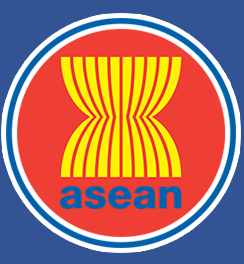ASEAN Journal on Science and Technology for Development
Abstract
Climate change and food security are critical issues to be addressed, nationally and globally, to reach sustainable agricultural development goals to feed the growing human population. The great challenge is to adapt to the climate change and in the meantime increase food production with sustainable farming practices that require farmers to have a paradigm shift toward climate smart agricultural technology (CSAT). Encouraging farmers to adopt and implement CSAT have become a priority for governmental policy making programmes. The question is what are the measures that can be taken for Brunei to leapfrog into this technology bandwagon to revitalise farmers for such transformation. In this study, we focussed on assessing the resilience of the youth farmers towards CSAT evolution. We proposed a platform on how to implement CSAT using an Integrated Technology Adoption (ITA) Framework and put forward seven approaches to embark our “hypotheses (H1-H7)”. A specific questionnaire was generated to achieve qualitative and quantitative data collection among 122 students attending the Agriculture School, Institute of Brunei Technical Education. Statistical analyses indicated that four hypotheses (H1, H4, H6 and H7) are well accepted, while the other three hypotheses (H2, H3, and H5) showed significant deviation from the expected test value, and they were simply rejected. The ITA Framework strongly advocates positive personality and attitude being the major driver towards adoption of CSAT with 88% responding positively on this determinant. The youth are motivated by the perceived benefits of CSAT despite their knowledge gaps in the CSAT applications. The data findings suggest that policymakers and expert panelists should focus on reviewing the qualitative governmental support strengthening awareness and training, in addition to traditional subsidies (quantitative support), which are readily accessible. In addition, both community support and Agri-supply-chain ecosystem need to be improved with an affordable finance scheme.
Keywords
Farmer training, Climate change, Sustainable farming, IoT Technology, Agriculture regulation, Food security, Supply chain ecosystem
Publication Date
2024
Received Date
27-August-2023
Revised Date
4-September- 2023
Accepted Date
12-September- 2023
Recommended Citation
Hassan, Rosita; Suhaili, Wida S.; Nore, Beston F.; and Basuni, Mohamad A.
(2024)
"Youth Resilience Toward Climate Smart Agriculture Technology Adoption in Brunei Darussalam,"
ASEAN Journal on Science and Technology for Development: Vol. 40:
No.
3, Article 6.
DOI: https://doi.org/10.61931/2224-9028.1545
Available at:
https://ajstd.ubd.edu.bn/journal/vol40/iss3/6

